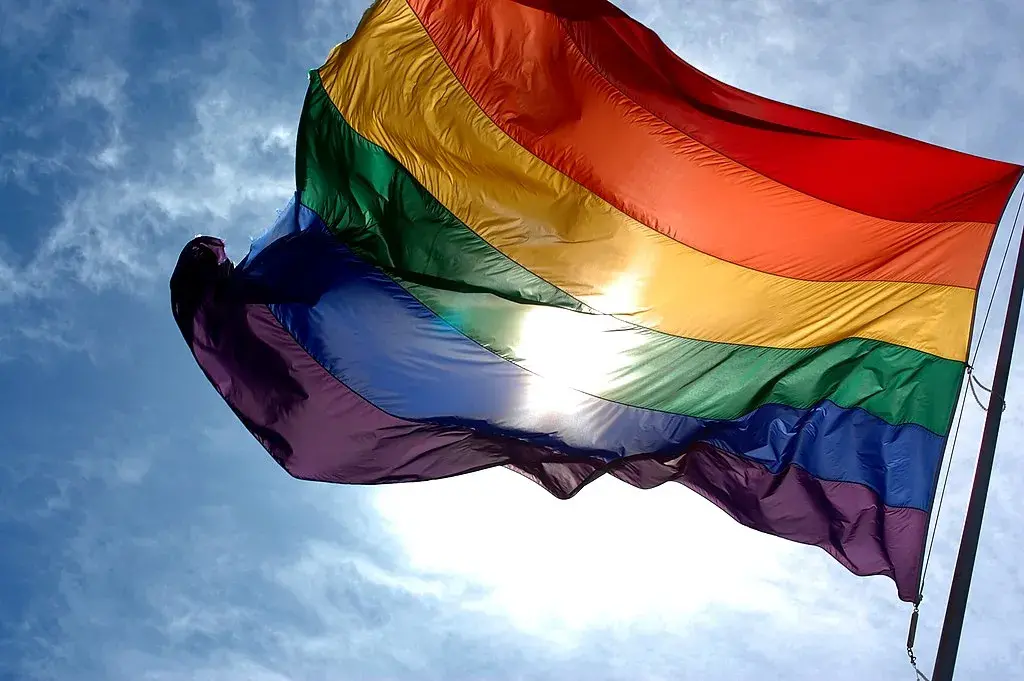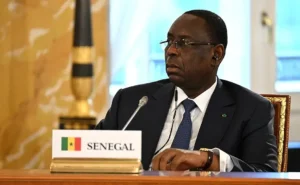Greece is the first Orthodox Christian country to allow same-sex marriage.

On Thursday, the Greek Parliament passed a law that allows gay marriage and adoption by same-sex couples, a proposal by the conservative Government that faced strong resistance from the powerful Orthodox Church.
The law was easily passed with 176 votes for, 76 against and 2 abstentions, with the support of some opposition parties, as some of the 158 members of the ruling party, the conservative New Democracy (ND), voted against, abstained or left the Chamber.
Greece became the 20th country in Europe and the first Orthodox Christian country to legalize same-sex marriage.
The vote was preceded by a speech by Prime Minister Kyriakos Mitsotakis, who drafted the bill. Several left-wing opposition parties backed the approval.
However, Mitsotakis encountered opposition from the most conservative faction of his New Democracy (ND) party, who rejected this reform that would enable two people of the same sex to enter a civil marriage that was previously only available for a man and a woman.
The Prime Minister had given ND members the freedom to vote.
Mitsotakis said that the legalization of gay marriage in Greece was “a turning point for human rights.”
He said that this was “a turning point for human rights, which shows Greece as it is today: a progressive and democratic country, strongly committed to European values,” on the X network.
Greece has permitted a civil union for non-traditional couples since 2015, but it does not have the same legal protections as civil marriage.
Last year, marriage equality became a key measure of Mitsotakis’ second term, which he described as “an important step towards equality for all citizens.”
He also said that it would end absurd legal and emotional situations.
He said that “same-sex parents will finally be able to sleep peacefully at night,” because they will be “free from the fear that if something happens to them, their child will end up in an institution,” when he presented the reform to the Cabinet at the end of January.
Until now, only the biological parent had rights over the child. If they died, the State took custody away from the other parent. Also, children of two parents could not get identity documents, because the mother’s name is required in the civil registry.
Konstantinos Androulakis, a 46-year-old Greek who married Michael in the United Kingdom and has two children aged 6 and 11, said that Greece was going through “a historic moment.”
He said that it was “an important springboard,” this London consultant who came to Greece for the occasion told AFP, hoping that “the rights of LGBT+ people will improve” in this country.
Some lamented that the bill did not allow surrogacy for homosexual couples.
Most of the discussion that stirred the country in the last weeks was about homoparenting.
In a country that is 95% Orthodox, the Church expressed its total rejection of the proposal from the start.
The Holy Synod, which sent a letter to the members, said that “children have an innate need and right to grow up with a male father and a female mother”, in an argument that became common in all the countries where same-sex marriage was discussed.







